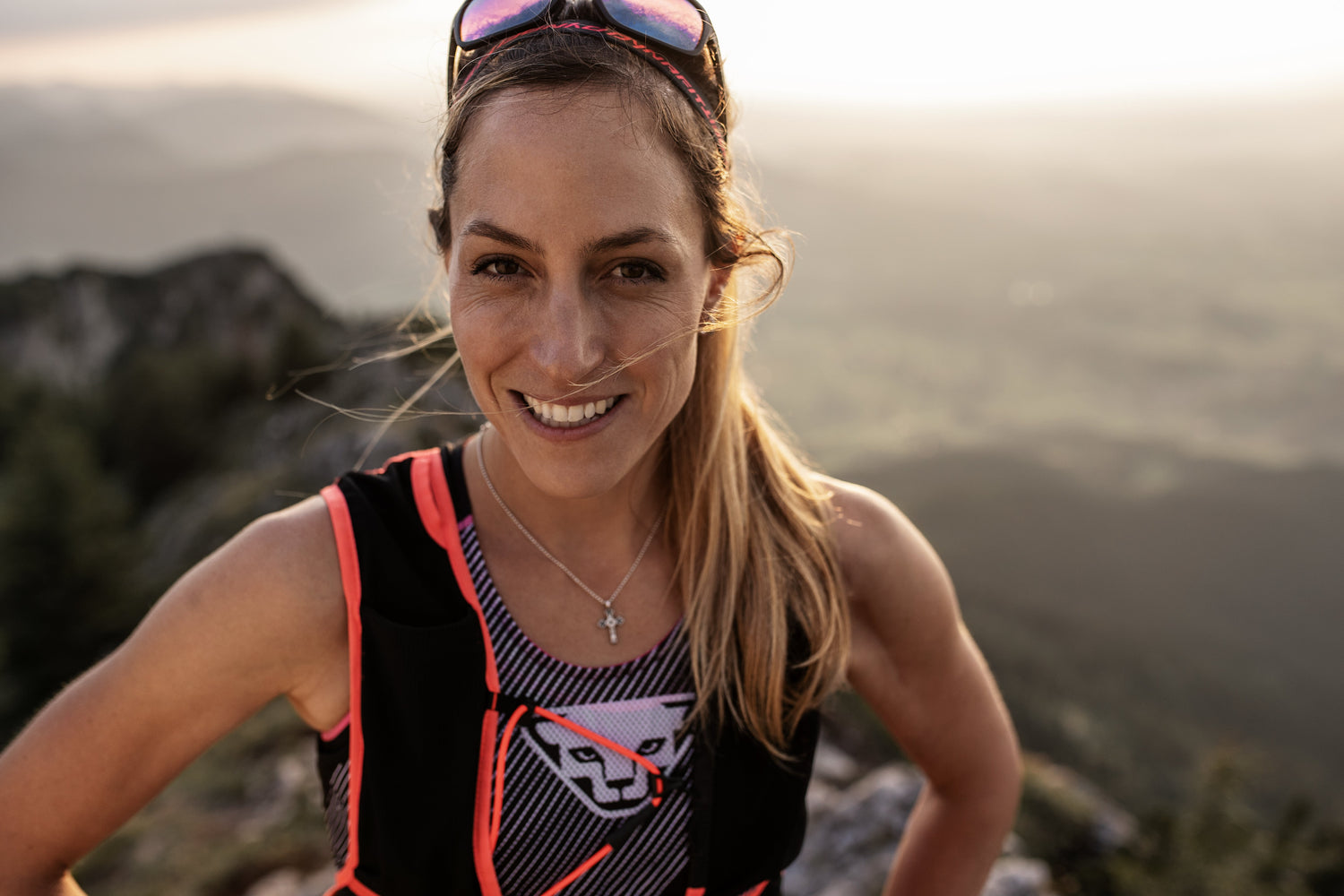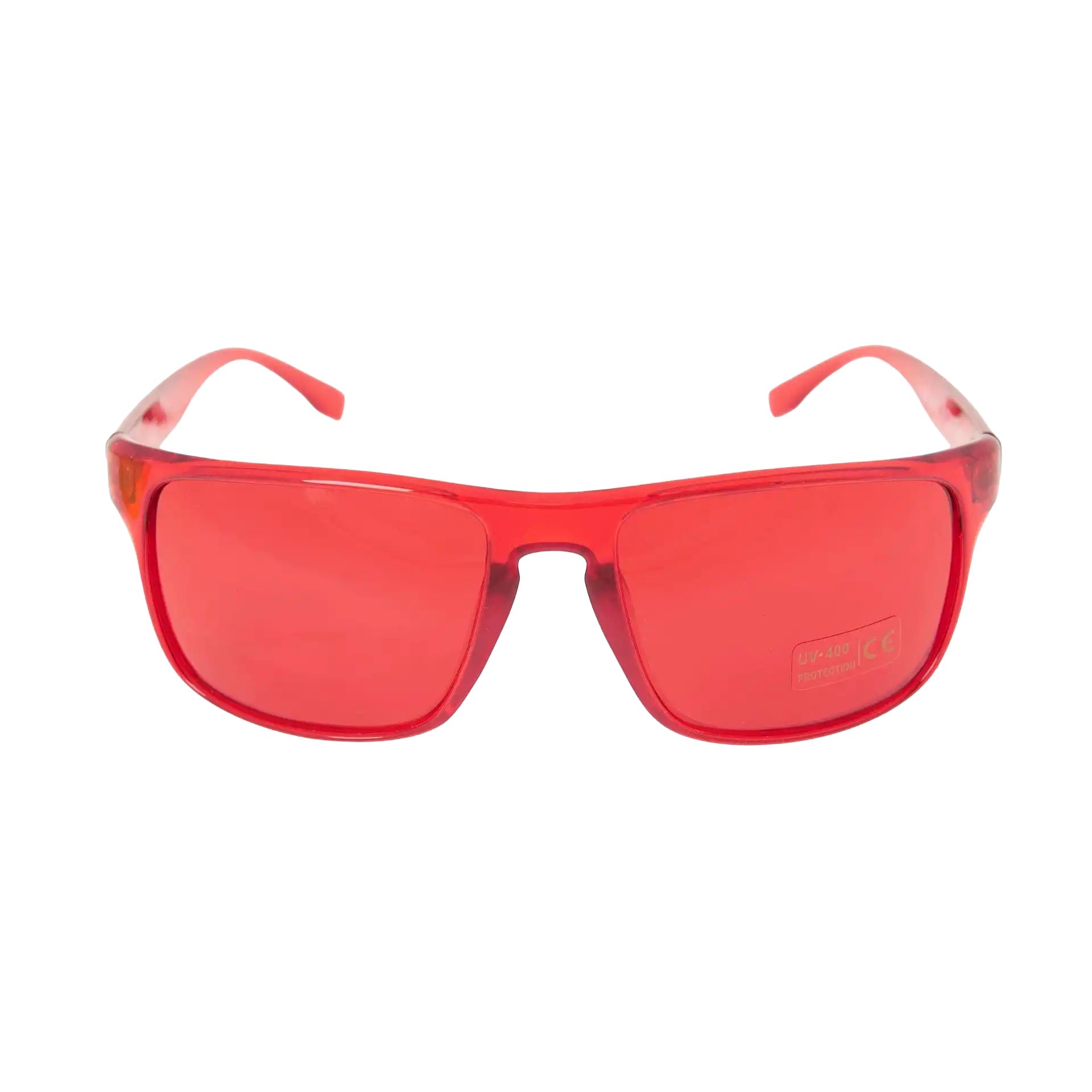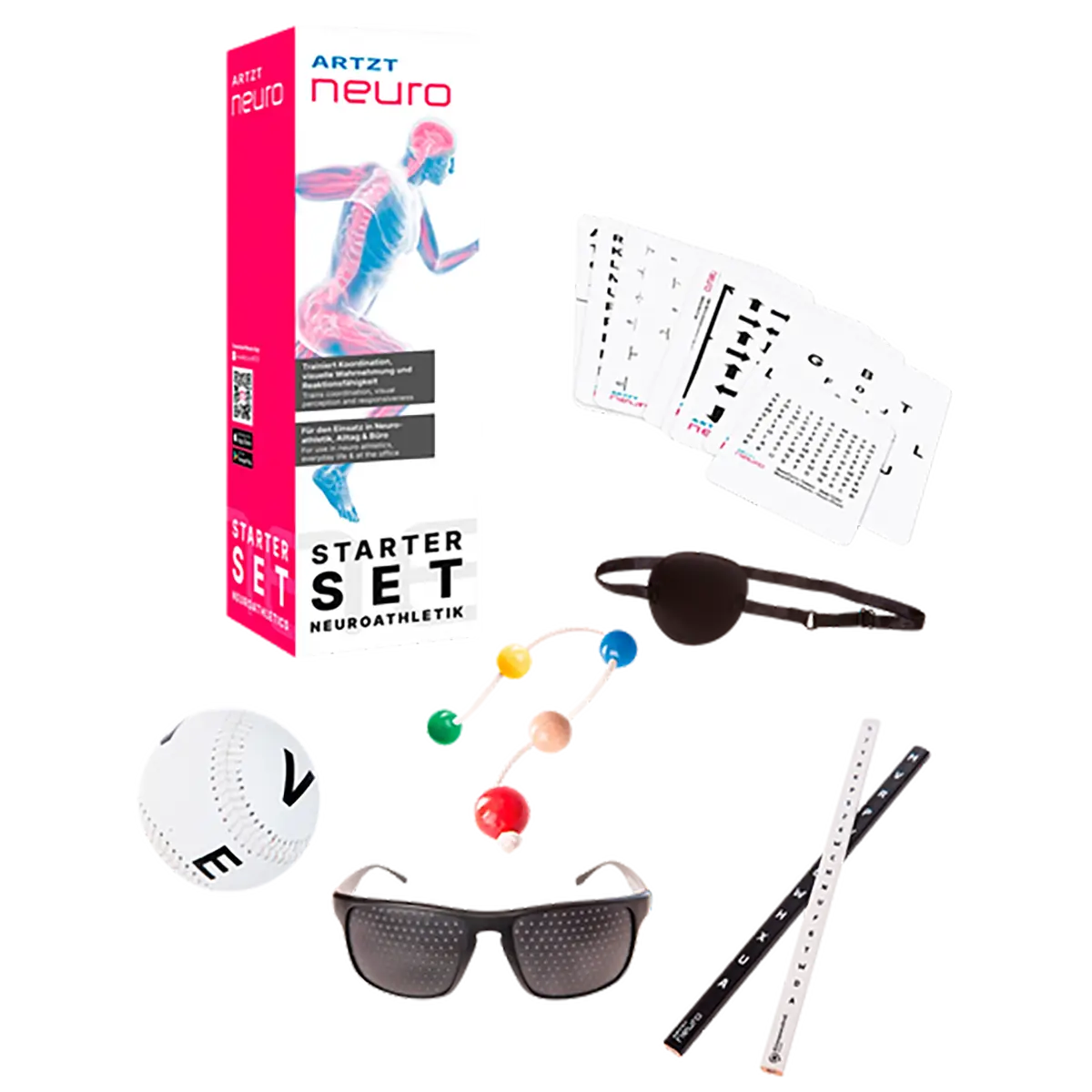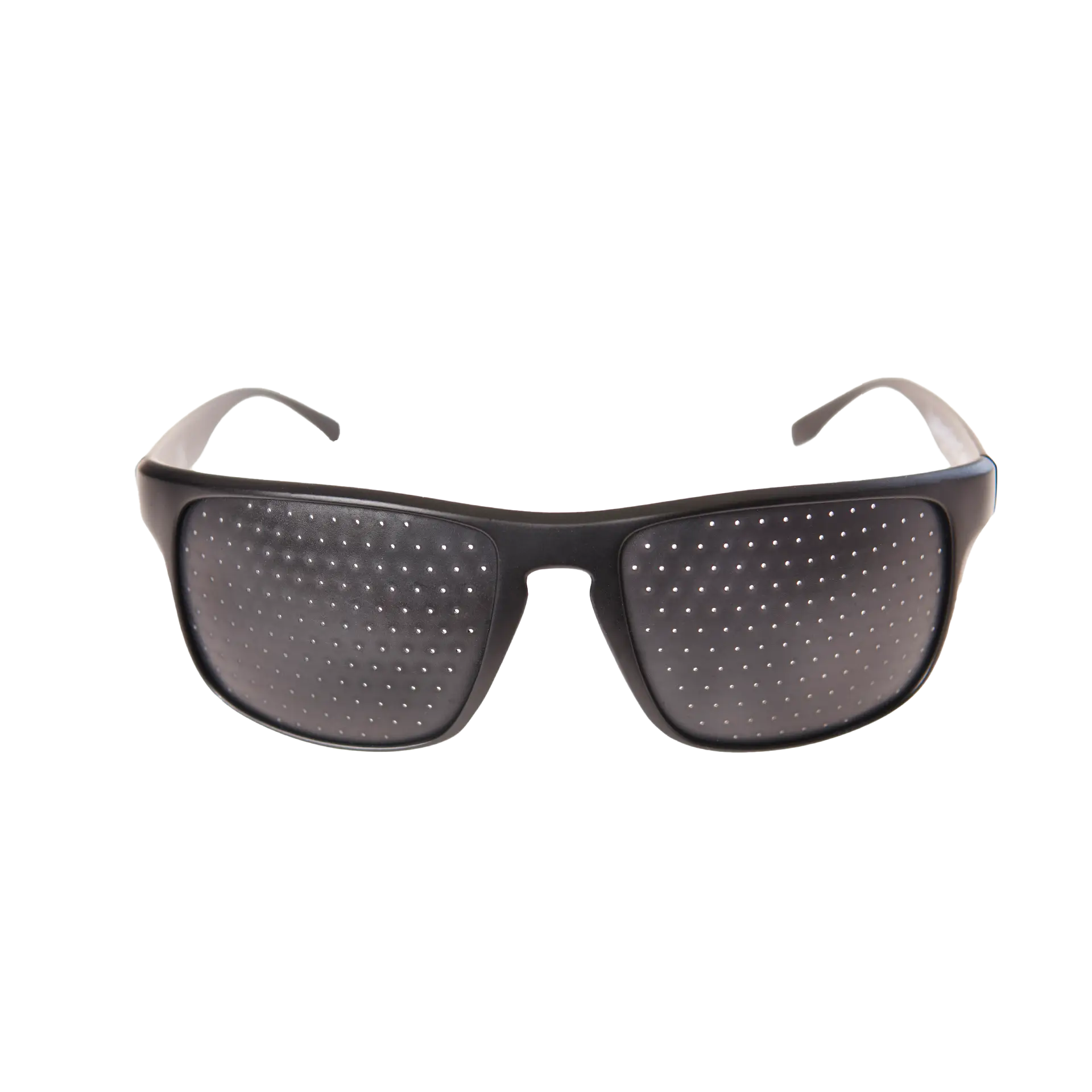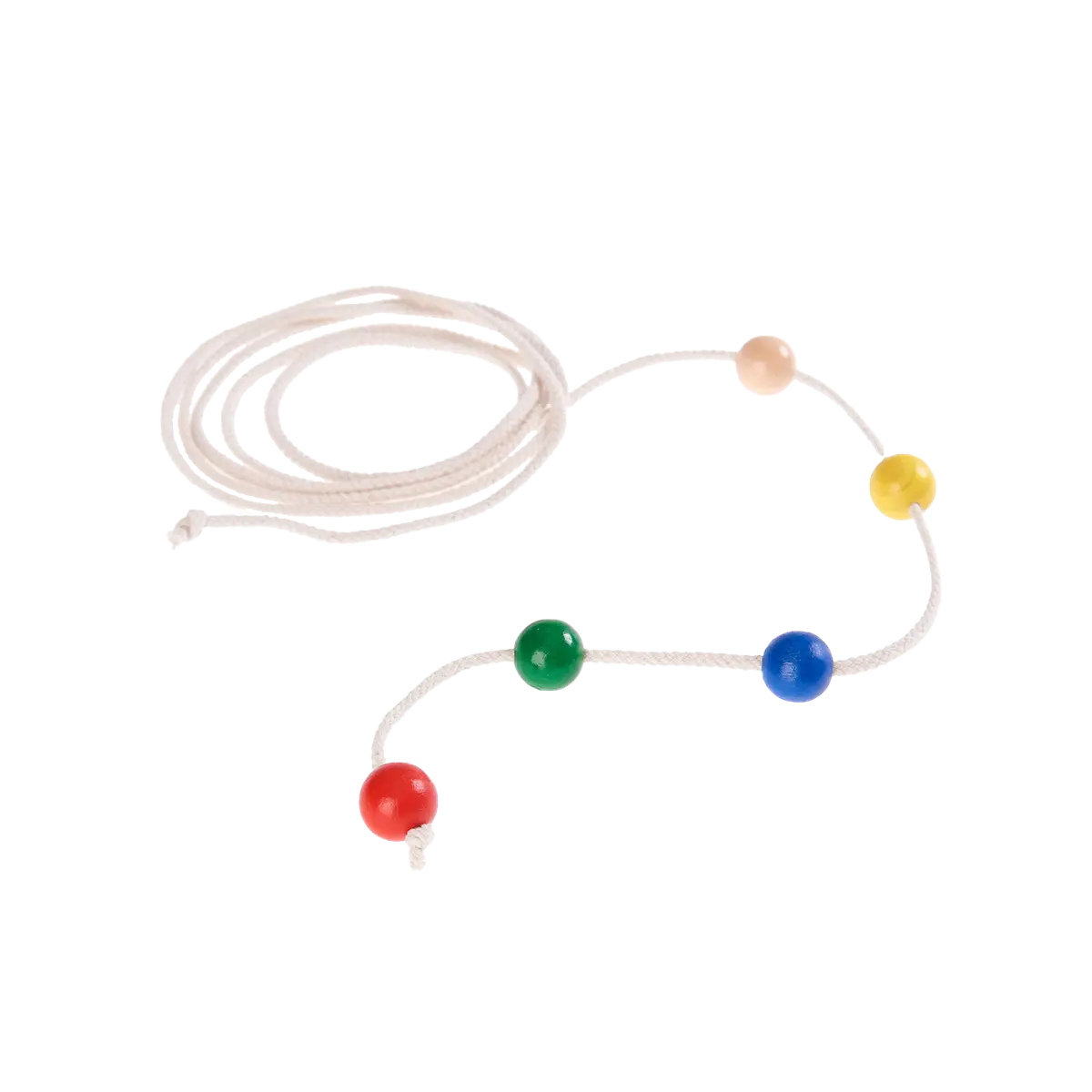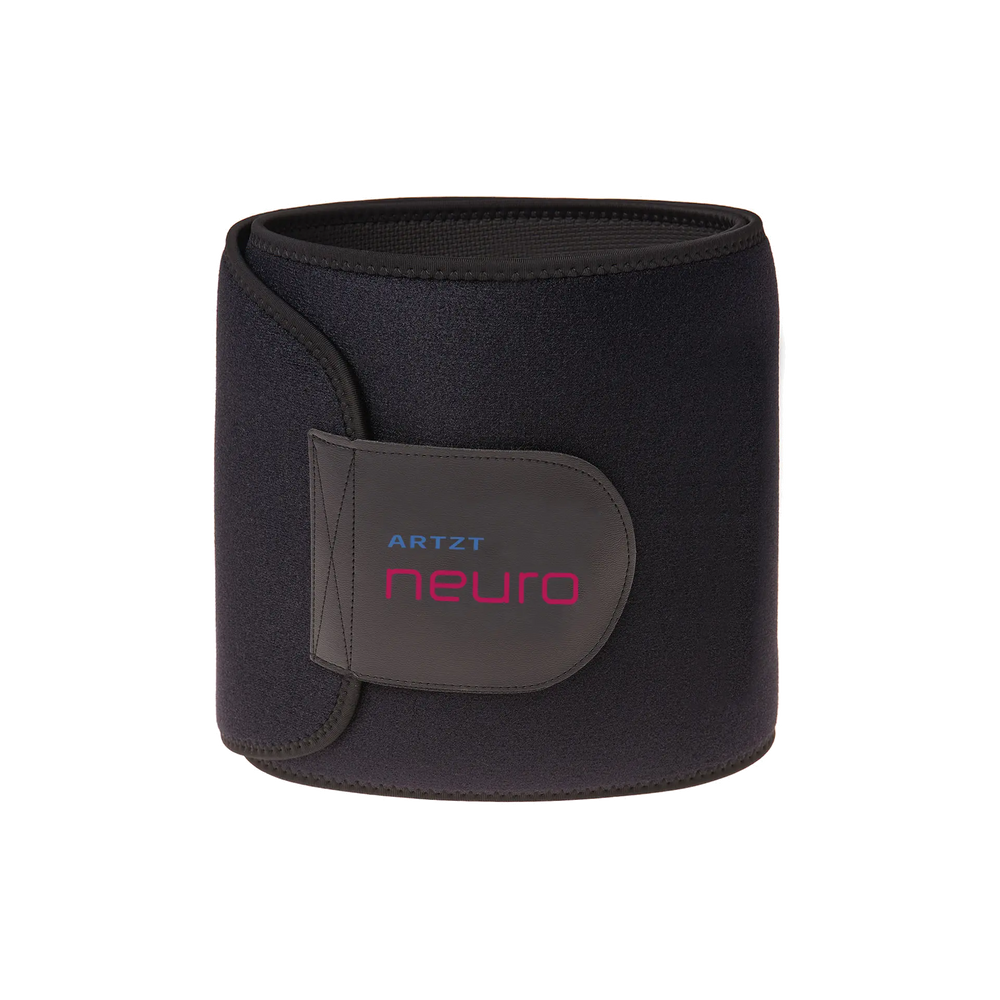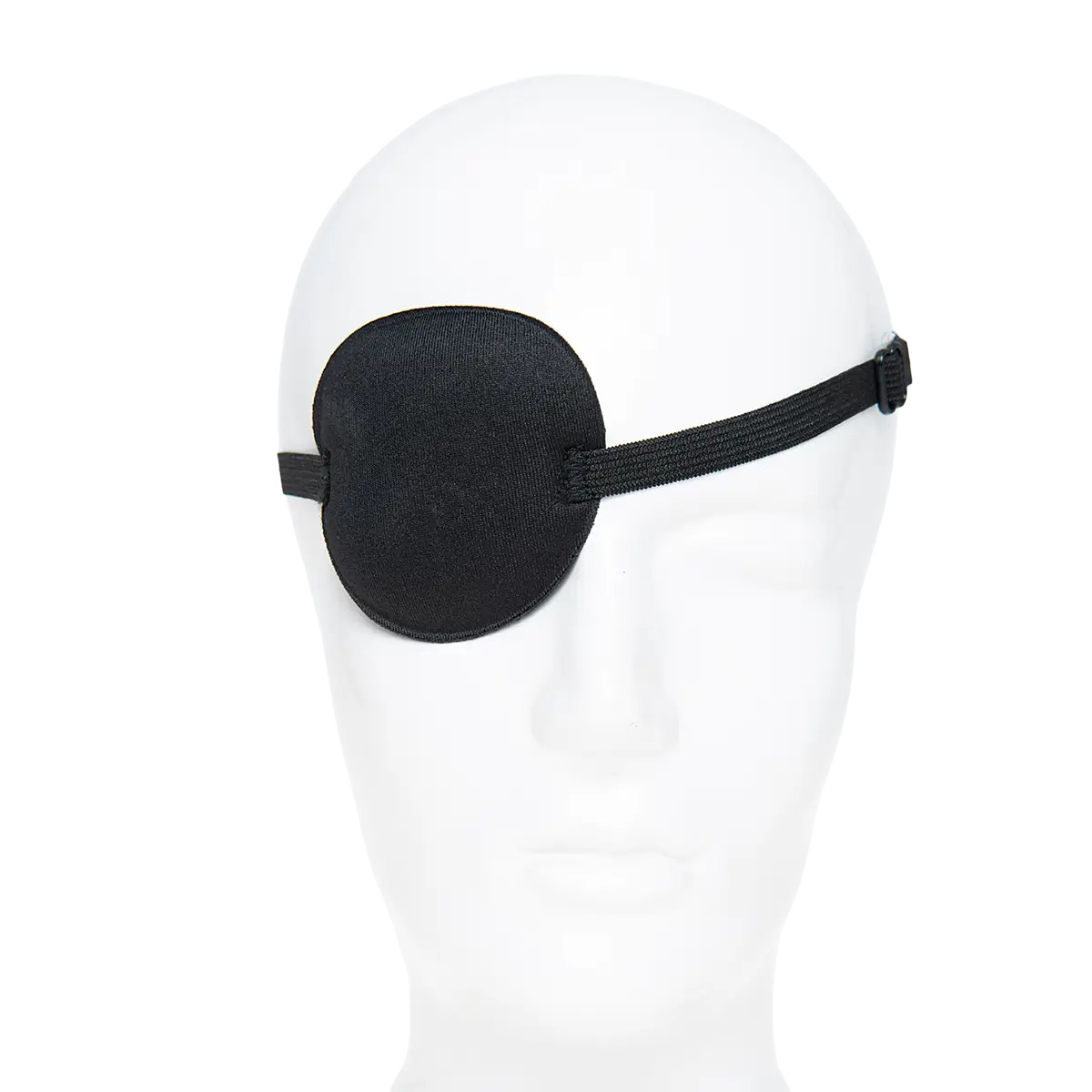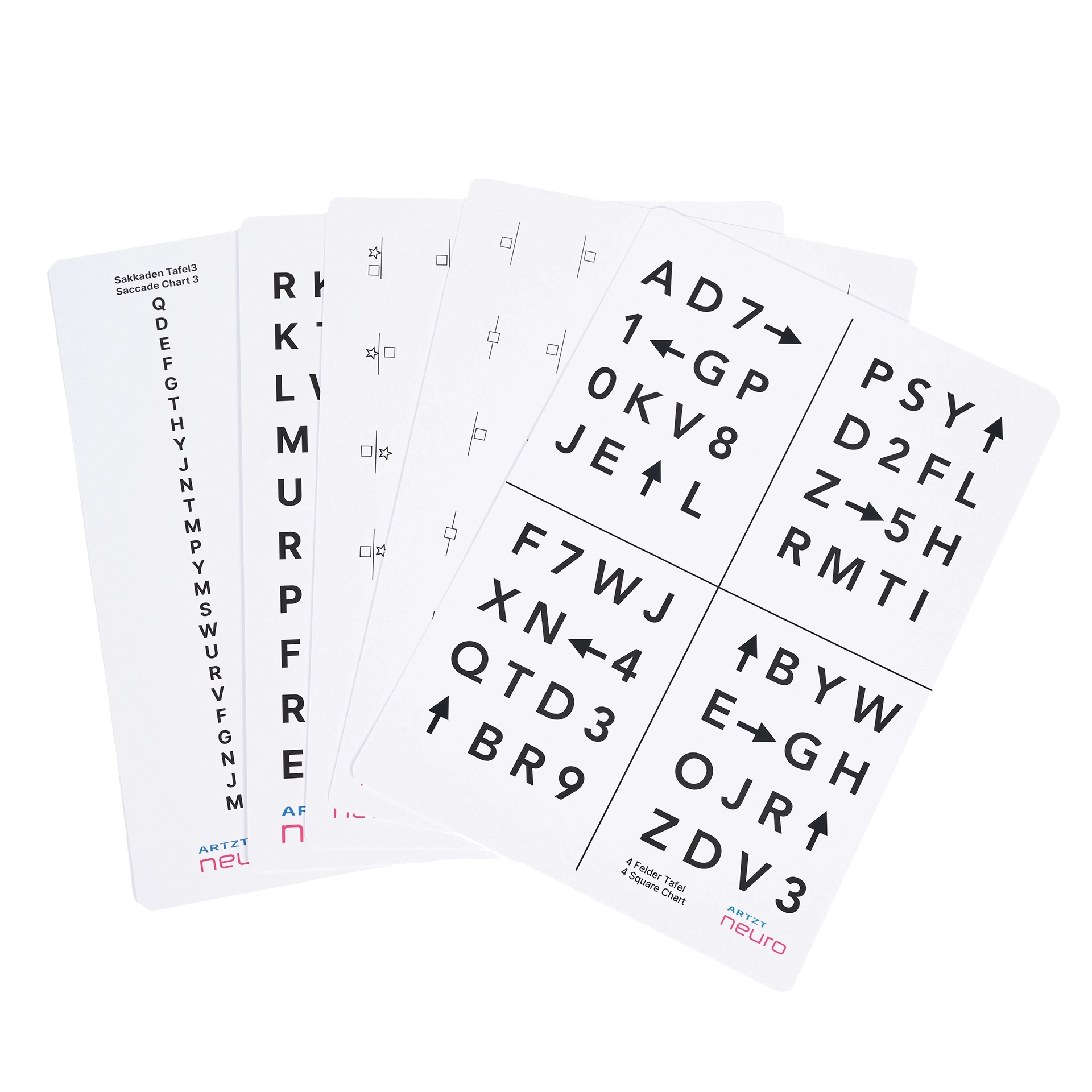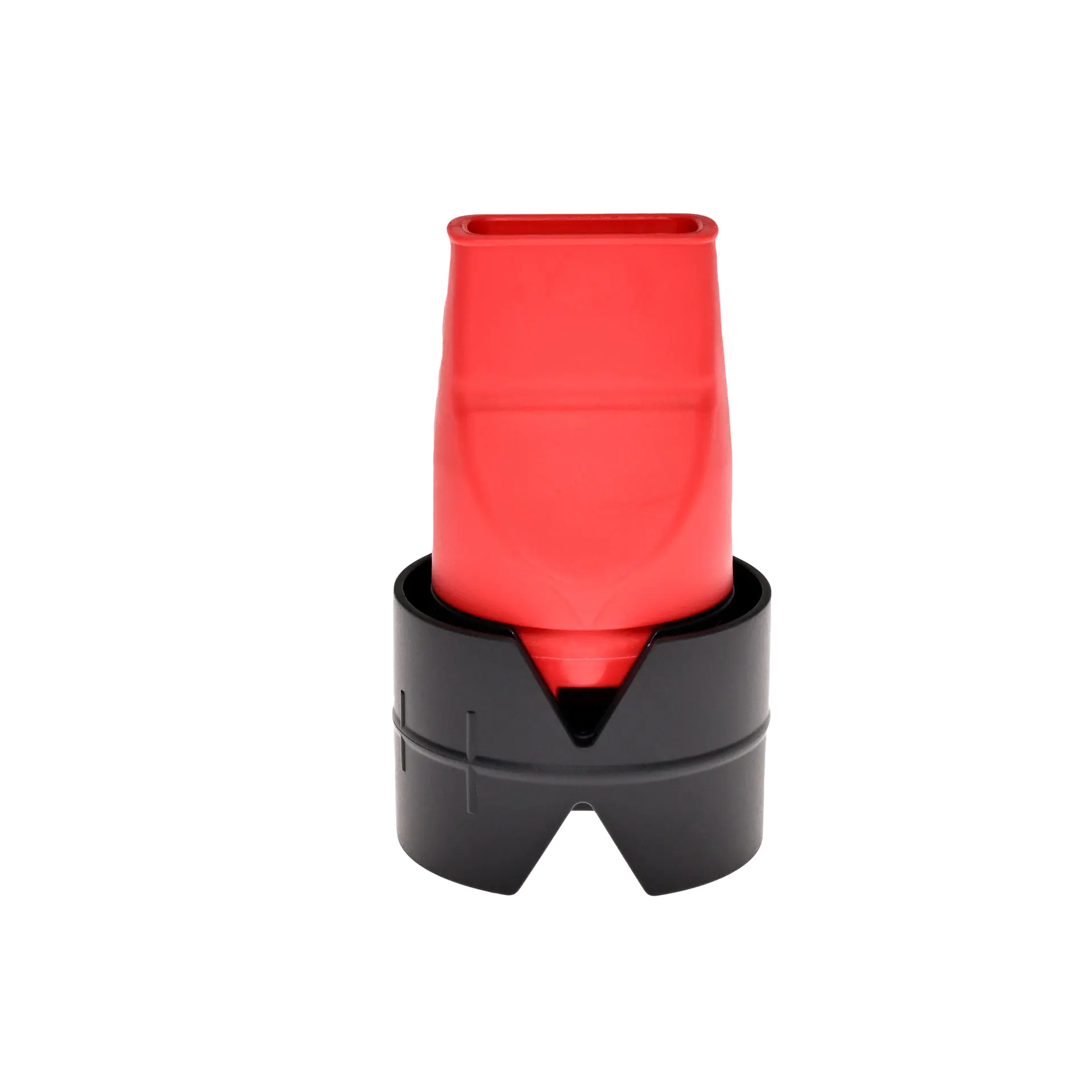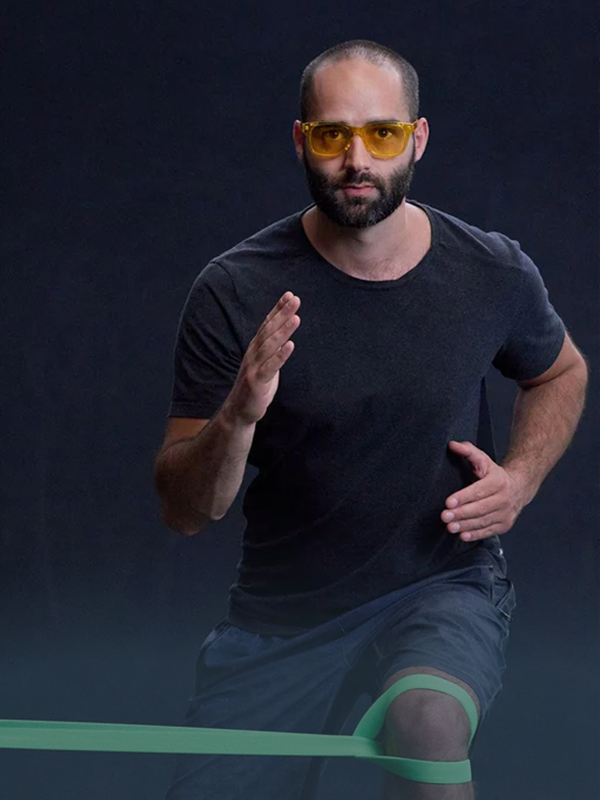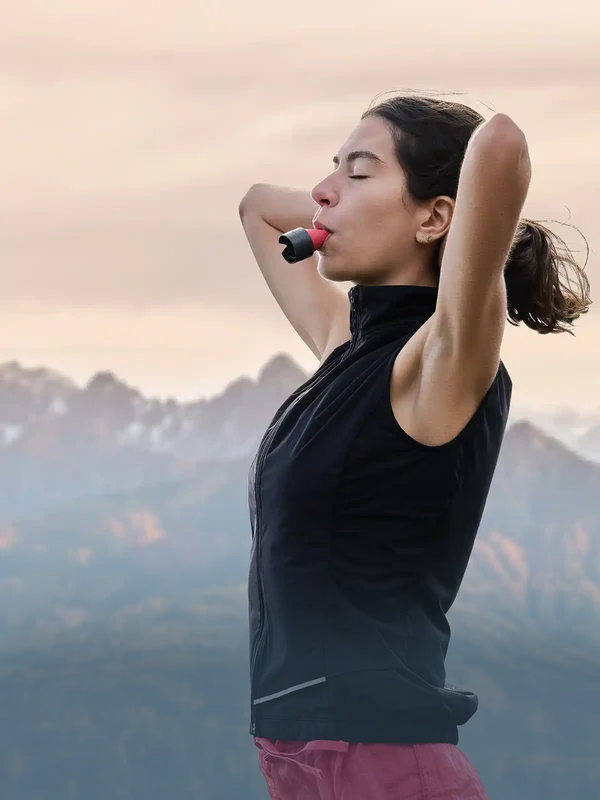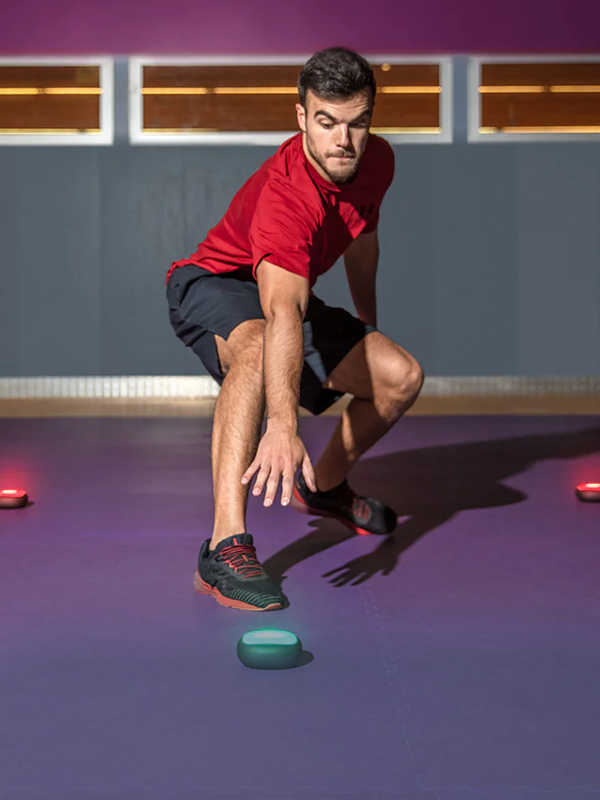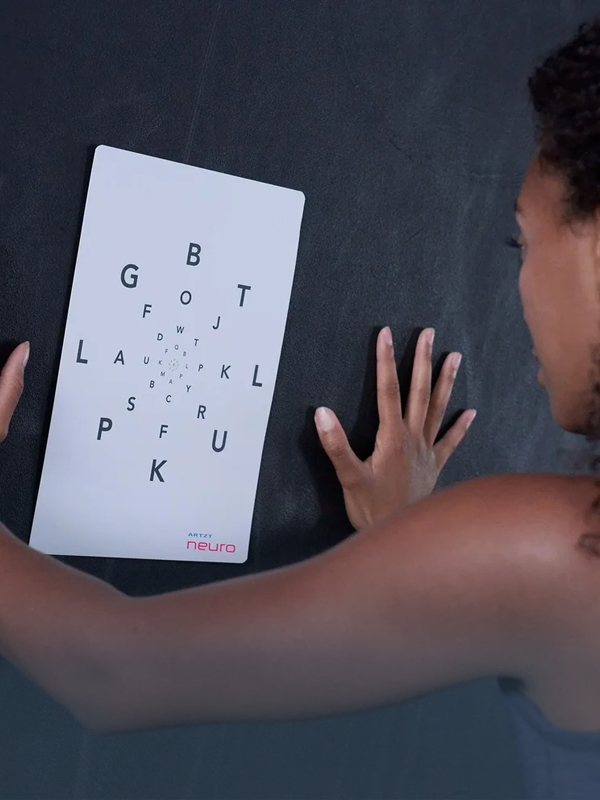Reading time: 3 min.
She is an extreme endurance athlete, sports model and author: when Gela Allmann fell over 800 meters while taking photos in Iceland in April 2014, she survived with only serious injuries. Neuro-athletic exercises help her stay fit after the accident.
The life of the graduate sports scientist, who is known for her extreme sports such as mountain running and ski mountaineering and who made it to the front in races such as the MountAttack and the German Championships, seemed to have burst forever. But then Gela succeeds in what others thought was impossible.
With her tireless willpower, the support of family, friends and rehab experts, and a healthy dose of optimism, Gela fought her way back into life. Today she is active again in sports, mother of two children and stands with her motto "Fight! smile Love!” again at the top – on the speaker's platform and her beloved mountains.
For us, she ventured a little insight into neuro-athletic training and gave us answers about the dramatic fall, the fight back to life and her current (sports) everyday life.
Gela, from 100 to 0 and back again. How does it work?
With the right motto:
Fight - Fight for your goals with all your heart and take responsibility for your life and your body
Smile - Smile even when life throws obstacles in your way and always believe in yourself.
Love - Love yourself, your environment and your fellow human beings and be thankful for every small step.
Our lives are full of bigger and smaller challenges. Be it in sporting, professional or private terms. Everything rarely goes according to plan. I'm just as imperfect as anyone else, but my greatest strength is: I can do whatever I set my mind to! It is important to start and have a positive view of things. With these thoughts I managed to fight my way back to life.
How do you keep fit?
In addition to family, job and everyday life, short breaks and a balanced diet, regular training helps me. Realistic goals, personal responsibility and the willingness to make time for the training are important. Small, motivating devices help me to overcome my weaker self. With small exercise videos, I pass on my enthusiasm for training to my followers. That not only keeps me fit, but also others.
As part of our collaboration, you got an insight into neuroathletic training. Pieter Grimm, one of our Z-Health Neuro Coaches, accompanied you and your husband Andi Wittmann (former MTB freeride professional) in this regard. How did you do?
We found it super exciting to experience the effects of targeted neuro-centered exercises on our "fallen" bodies. I mainly worked on sensory perception, my sense of balance and my eyes and it was exciting to see where my weaknesses lie and what neuroathletic training can develop from them.
The exercises were strenuous, especially since I'm not used to working like this - but I noticed progress quickly. For Andi and me, neurotraining has become a key to improving your weaknesses or individual movement restrictions. It's amazing how you can influence how your brain controls your body. These exercises are great for training. That was an interesting experience.
Do you think neuroathletics is only for athletes?
No, absolutely not. I believe neuroathletics offers everyone the opportunity to work on their individual performance with a different set screw. In my opinion, the targeted work on one's own field of vision and the exercises to improve balance are beneficial for everyone, from small children to the elderly.
Will you continue to work with this form of training or what will it do for your sport?
Definitely! Even if I felt a little strange at the beginning of the training with some exercises. I quickly realized how many positive things can happen as a result. It's cool to get into. I still go fast a lot in the mountains, for example on ski touring descents. Thanks to a faster coupling of my sensory perceptions, I can be faster and, above all, safer on the road with this training in the long term.

